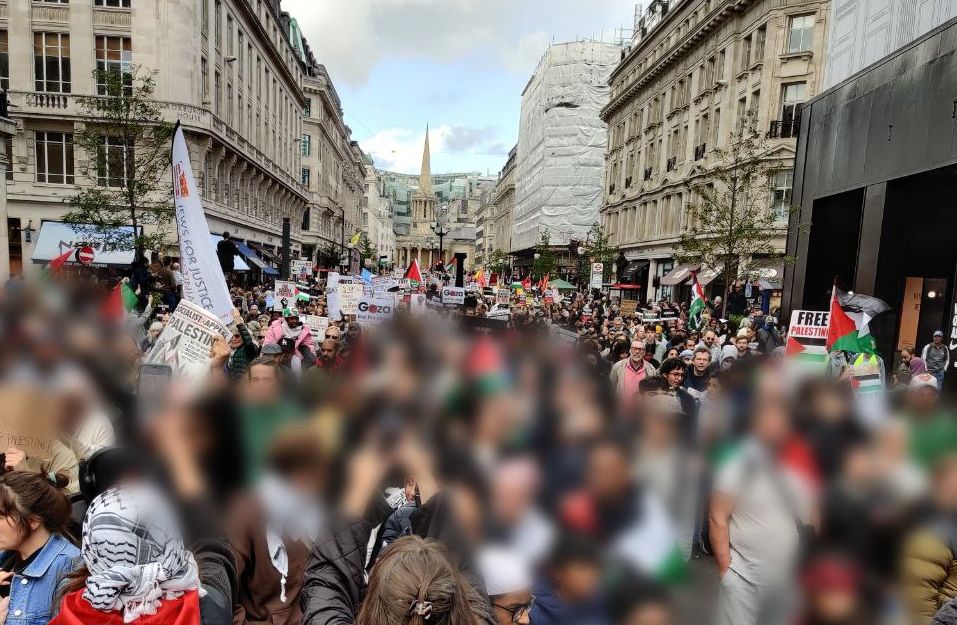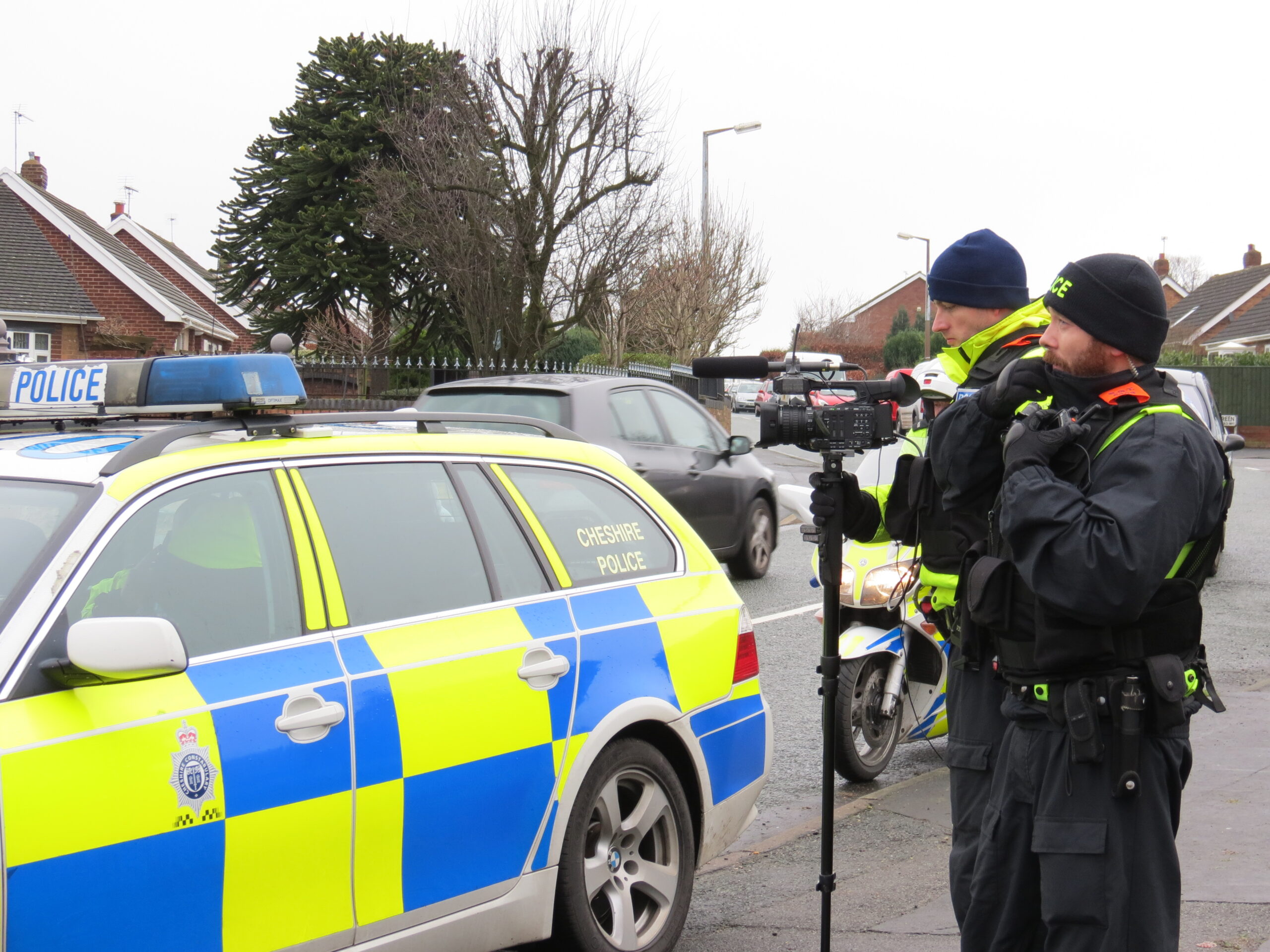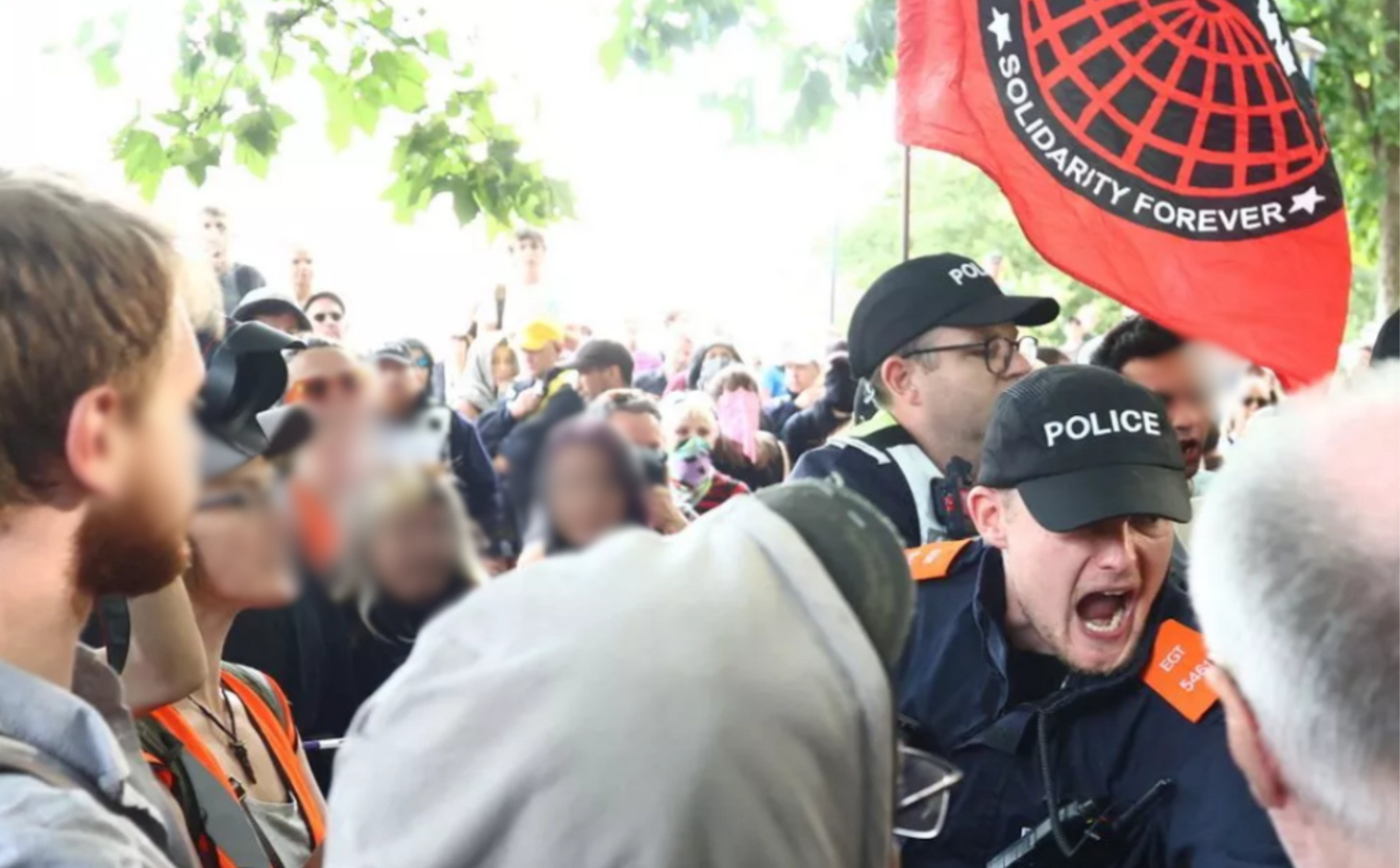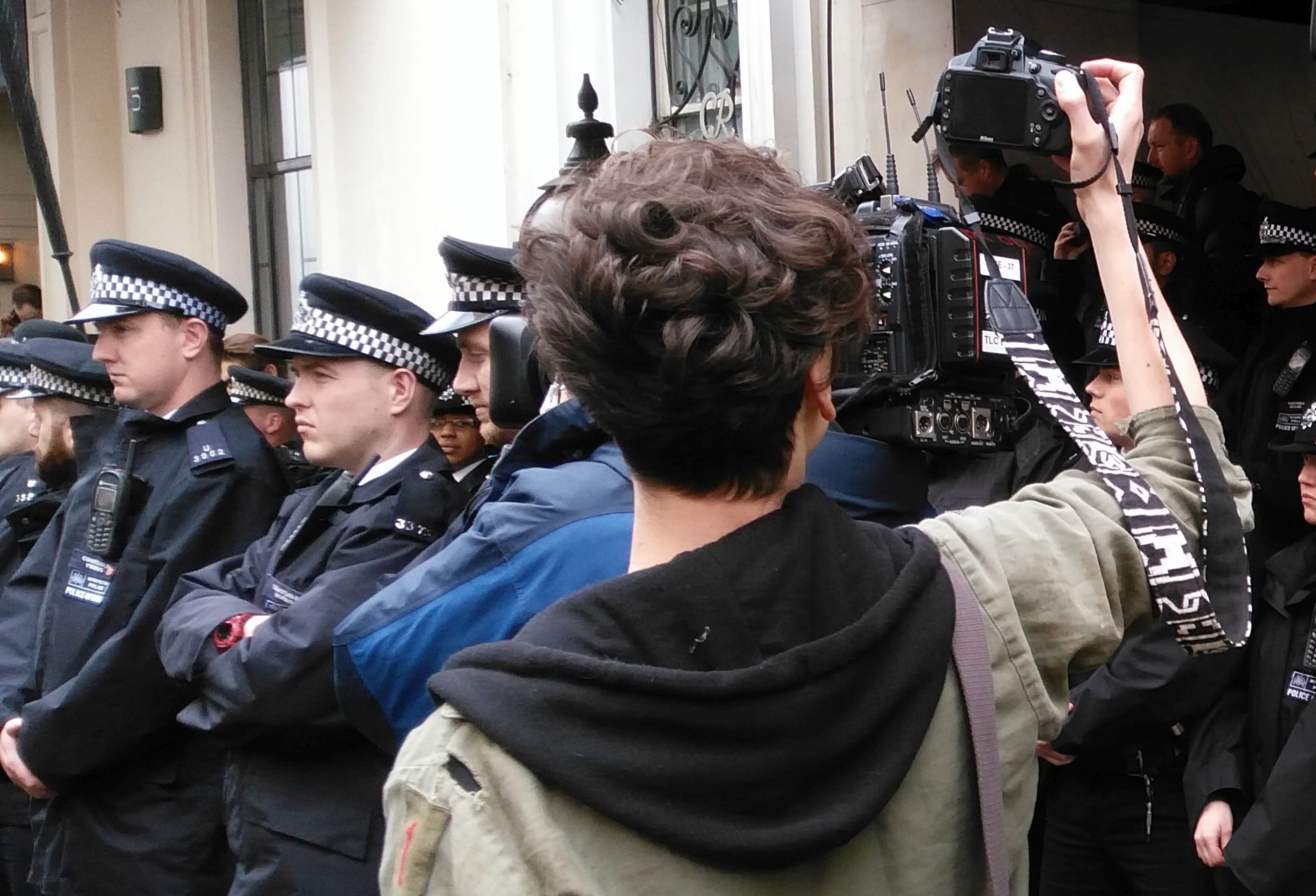-

Digital Security Checklist for activists
—
Better to adopt good practices now than regret it later. Here is a non exhaustive list of simple things you can do to protect yourself. Use a private DNS server DNS is an essential service similar to a phone book which tells your device how to access resources (i.e. a website) on another computer (a…
-

Using a Windows PC? Use this simple encryption hack for extra protection.
—
By default, a Windows 10 or earlier PC is aptly named – it’s like a house with an open window. If the first prompt you see when you power your computer on is a Windows login screen, your data is totally insecure. Even if it wasn’t easy to crack the password, the data still remains completely…
-

Use a Virtual Private Network (VPN) for online privacy
—
You can’t have avoided hearing about VPNs lately. Even before the Online Safety Act 2023 put certain online content out of reach without age verification (causing a massive spike in VPN sales), companies were bombarding users with alluring claims and special offers. But what does a VPN actually offer? How do they work? What are their…
-

How can I keep my Signal messages secure?
—
Over the past decade, Signal has proven itself to be the messaging platform of choice for security concious users, and the one that we recommend. Run by a non-profit organisation, there are no instances of user data vewing leaked, stolen, stored or compromised, and the open source nature of the software means that anybody with…
-

What to do if the police show up at your meeting
—
in OrganisingIf the police are raiding your meeting There have been several incidents where the police have raided venues to pre-emptively arrest people planning protests or simply holding social events to explain their campaigning activities. Invariably this is targeted towards particular individuals but raids can also sweep up everyone. A police raid is sudden, frightening and…
-

How to introduce ‘keeping each other safe’ at meetings
—
For all the advice you receive on minimising risks to your group and its members, eventually you have to find a way to put this into practice. Many campaigners are understandably worried that talking about police surveillance will frighten new people way from active participation, so how do you introduce the topic? Public events Any…
-

Dealing with police surveillance at public gatherings
—
in OrganisingFinding a venue Finding an appropriate and affordable venue is often the most difficult part of organising any public event. Unfortunately, this can be even harder if the meeting or conference is related to protest or activism. Venue managers may become nervous of their venue becoming the focus of conflict, or that they may attract…
-

Staying safer during anti-fascist organising
It’s incredibly important to protect your identity and use secure methods of organising when you’re taking anti-fascist action, as you face risks not just from the police but from far-right groups. Far-right groups sometimes “dox” anti-fasicst campaigners, publishing people’s photos, personal details and information online. Keeping your identity secure and wearing a mask to protests…
-
More secure alternative to Google Docs: CryptPad
—
in OrganisingDo you need to share meeting minutes, strategies and plans somewhere that your group can edit them easily together – but you’re worried about sharing sensitive information online? Many protest groups are using Google Docs to collaborate, but this can make it easy for police to access sensitive information. So what can you do instead?…
-

Filming the police
—
in ProtestsWhy stop and film? Ordinary people stopping and filming the police can mean that officers behave differently than they would if no-one was watching and recording their actions. This might make the experience for the person who has been stopped or arrested feel far less intimidating or threatening. Can I legally film the police? The…
